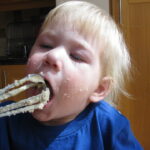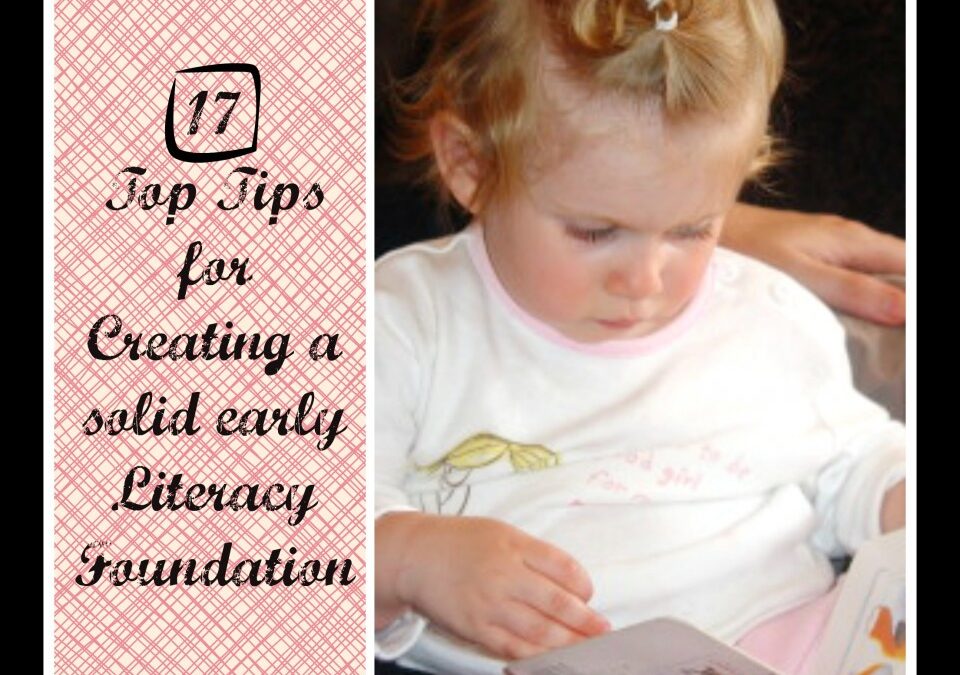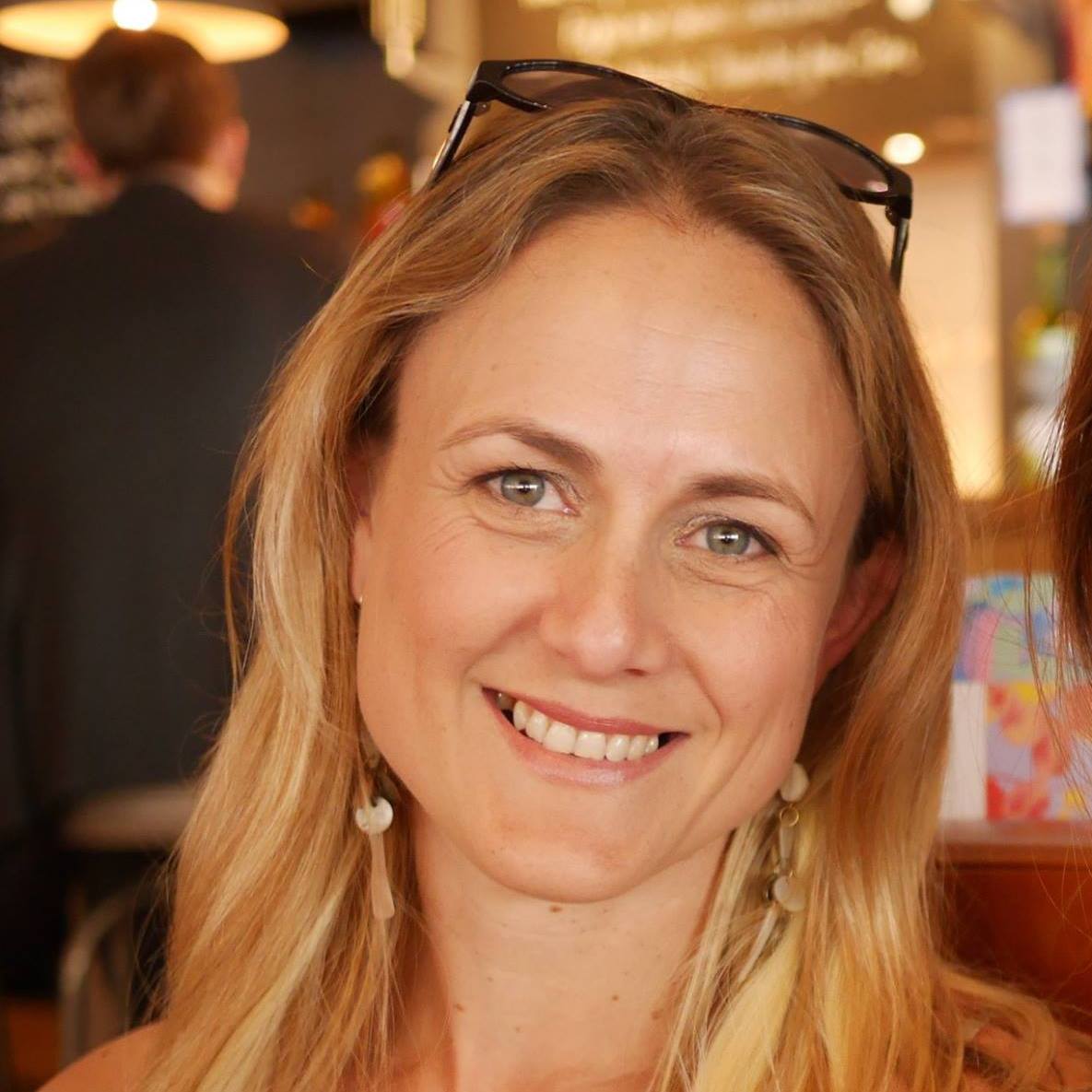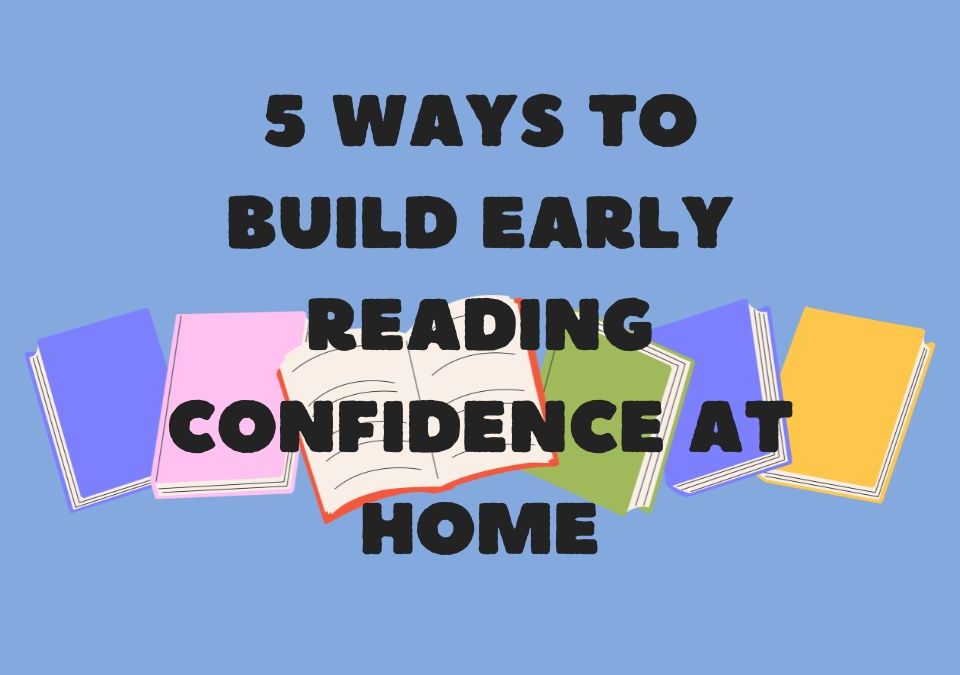
Teaching a Child to Read at an Early Age

Nursery Rhymes: Pat a Cake, Pat a Cake

Have you been wondering how to create or provide the opportunity for literacy development? Do you know that there are really simple and effective ways to do this in your own home? This article gives you tips and ideas which will enable you to do this.
There are many ways to provide opportunities for literacy development, amongst these are: Talking, singing, playing sound and word games, reading, writing and drawing with your child. Simple everyday activities, like going to the shops or library, walking to the park or doing some gardening at home are all valuable learning opportunities.
Talking and singing with children can teach them about sounds and how sounds come together to form language. By teaching your child language games and songs, you will be helping him to develop listening and speaking skills. There are some fabulous toddler classes available where children and engaged in singing and reciting rhymes to music. If these are not an option for you, then use audio Cd’s to sing along to or just sing! Give your child the chance to speak and be listened to. This helps him to realise that his speech is important and that he can help to influence decision making through voicing his opinion and sharing his likes and dislikes with you.
- Help your child to sequence time. Talk about the past and the future. Ask your child to tell you something he enjoyed doing at school that week or to tell you about something he would like to do on the weekend. You can even help him to get started by providing sentence starters: “This weekend I would like to…..” ask him to finish the sentence. Chat about the things you are doing and what you are planning. Ask him to tell you what needs doing between eating the evening meal and bedtime: for example, he may say, “after food, I will bath and put on my pyjamas. Then I must brush my teeth and get ready for story time”
- Ask your child to make a sound or sound combination, then think of words with that sound. For example, ‘Let’s play silly sounds? How about “Co? What sounds can you make with co?”(‘cot’, ‘Con’ and ‘cop’, etc).
- Discuss words that rhyme. For example, ‘What other words sound like sheep?’
- Play word games that encourage children to learn sounds. A good and popular one is ‘I Spy’ – ‘I spy with my little eye something beginning with t-t-t…What could it be?What can you see that starts with that sound?’
- Involve your child in discussion. Talk about television programmes your child is enjoys. Ask him to tell you what just happened. Which character does he like? etc
Reading is a good way to encourage discussion and literacy. Read stories and then talk about them. Ask, ‘What was that story about?’ or ask questions relating to characters and events in the story.
- When your child is more able, take turns reading. This is called shared reading. You could read half the page while your child reads the other half. You may like to point out single words for your child to attempt reading aloud or sounding out.Limit these to simple words initially, two-letter and three-letter words such as cat, in, pip.
- Create holiday scrapbooks. Place pictures of key events in the holiday. Have the child label or write about each picture.
- All children love alphabet books . Ask your child to tell you words that start with the same sound as the letter you’re looking at. Extend this activity by making your own book together. use a blank book, write each letter of the alphabet on it’s own page. Have a fun time drawing and cutting out and labelling pictures of items beginning with each letter. You could also leave a space along the bottom of each page to make up a silly sentence using as many words beginning with the letter as possible.
- Help your child to make a storybook with his own pictures. Either do this on a computer or with pens and paper. It is fun to use photos of your child too. He can then write a short sentence about what he is doing in each picture. This is particularly effective if you take pictures of your child’s daily routine or activities and have him label them.
- Take advantage of letters in the environment. When you’re out, ask your child to identify or sound out letters or words on street signs or shops.
- Help your child to distinguish between the starting and ending sounds of words. Ask what sounds they start and finish with. Exaggerate the sounds to help him hear them more clearly.
- Encourage your child to read the names of items or from your grocery list when you are doing your weekly food shopping.
You don’t need lots of time. Take the opportunities as they arise, a few times in the day is often enough
Toddlers love to try to ‘write’ like their older siblings or parents. Pretend writing and drawing helps develop the fine motor skills needed for writing later. It also helps him recognise and remember letter and number shapes.
- Make the letters of the alphabet out of card, or buy foam letters or magnetic letters. Select a few alphabet letters and move them around to make new sounds – man, nam etc and see which of them are real words. Practice sounding them out letter by letter, then saying the word (f-a-n makes the word fan). Stick to either lower or upper case initially as this will help alleviate the confusion with two different letter shapes for each sound. You may need a few of each letter and a few sets of the vowels to allow you to create longer words later on.
- Encourage your child to write his name and the names of other family members in cards or on pictures.
- Help your child to write shopping lists or restaurant menus for pretend play. Set up a mini shop or restaurant and plat pretend, Let him be the waiter and write down your order.
- Alert your child to printed text in your environment. Look at shop signs or posters. Help him to understand that print is used to communicate s.
- Create a book word book, with a word on one side of the page, and a picture of that word on the other side. Allow your child to choose the picture and word. you may also like to do this with family photos. A page per family member with their name on the opposite page.
Now that you are aware of all the ways you can help develop your child’s literacy, it is just a matter of remembering and taking advantage of opportunities!

I am a preschool and primary school teacher and mum to 3 children. I have been involved in education since 1997 and have trained in a variety of educational specialist areas. It is with this expertise that I write articles to help parents and educators provide quality learning experiences for the children in their care.




